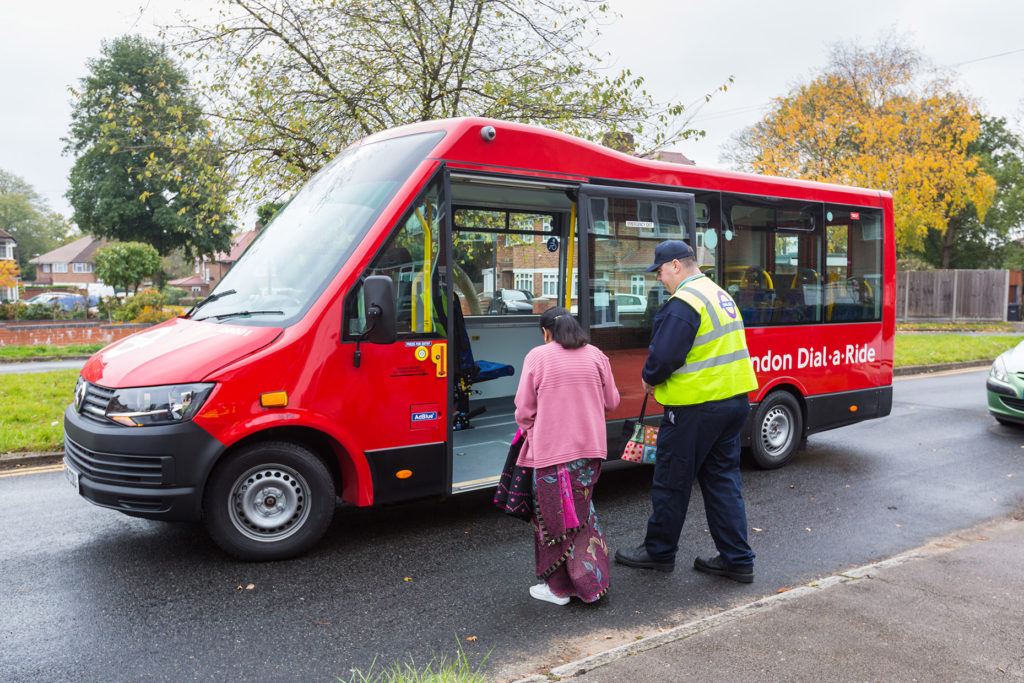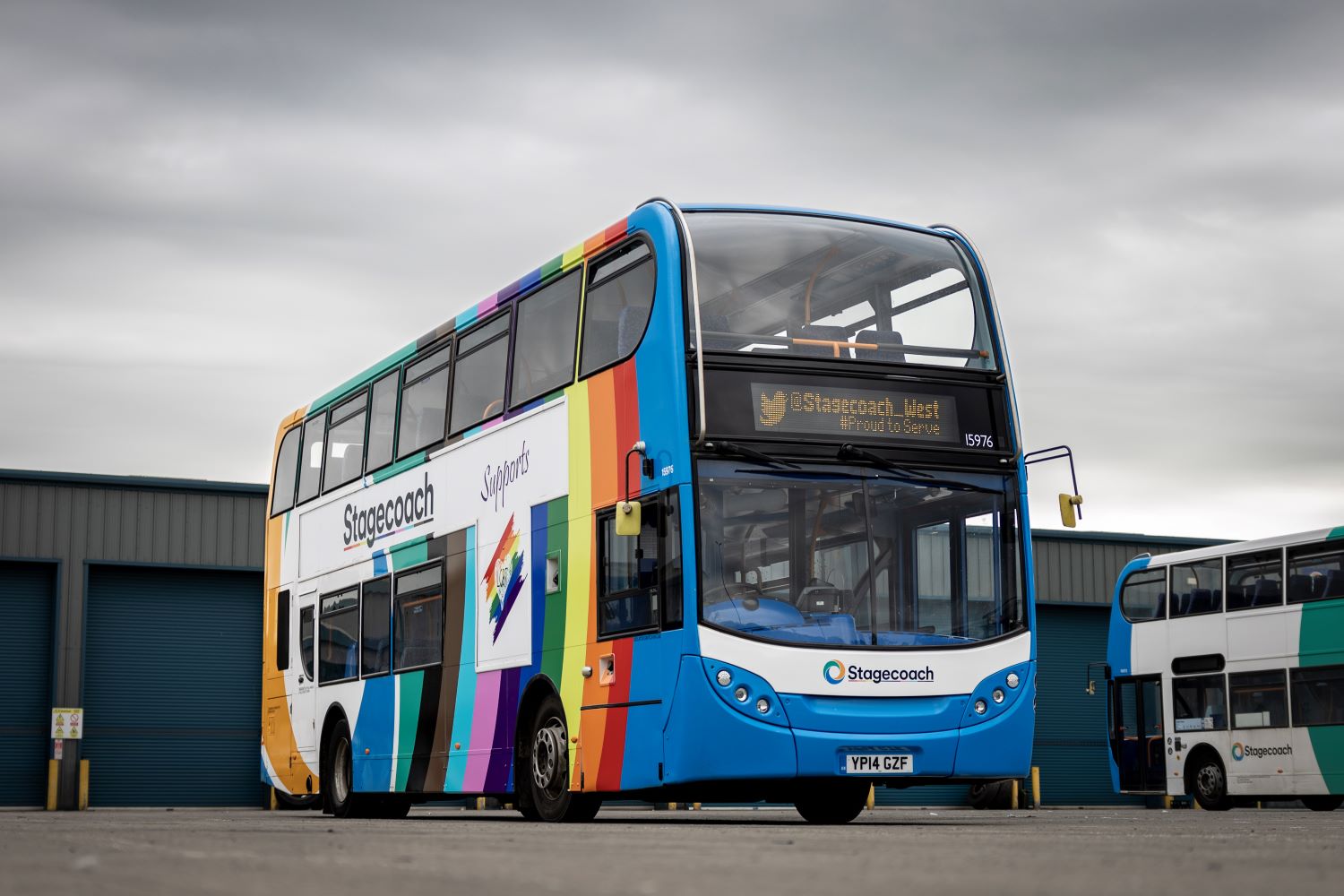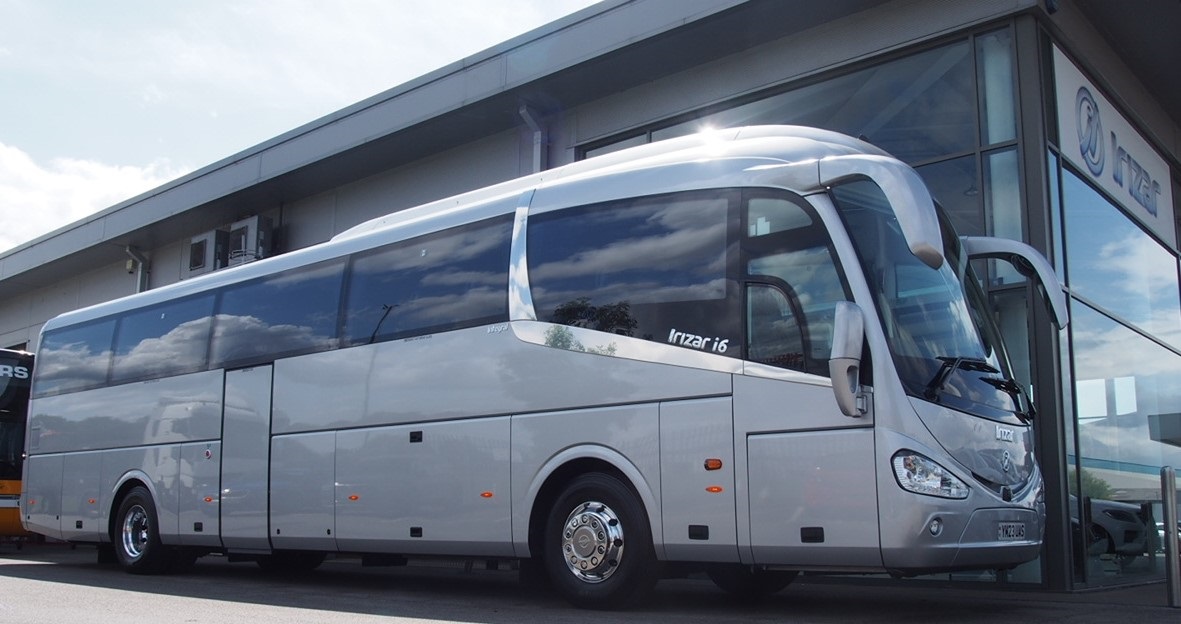Transit tech company Via has announced it has been awarded a multi-year contract by Transport for London (TfL) to power its Dial-a-Ride service for people with long-term disabilities.
After a two-year tender process, the US company will introduce a software platform next year to increase the quality of service and passenger experience and to expand its reach.
Dial-a-Ride already has 30,000 members, who benefit from a door-to-door service, which is focused on short trips, ideally booked the day before and with less emphasis on speed of journey and choice over travel time.
Booking is currently available by phone, email or an online request form. Due to service levels, availability cannot be guaranteed but Via says that adding mobile app and web portal functionality to the system will make cancellations quicker and free up vehicles and drivers for other journeys.
James Mead, TfL’s General Manager of On-Demand Transport, says: “Dial-a-Ride is a lifeline for thousands of elderly and disabled people across London, allowing them to make everyday trips to the supermarket or GP, as well as maintain a social life and pursue hobbies.
“We’re thrilled to soon be introducing Via’s software to make our booking system even more accessible for our members and allow them to take more control of their journeys, whilst the quicker cancellations system will allow for smoother operations.”
Via has already won major accessible transport contracts in Europe, such as in Berlin, Paris, Luxembourg, and Netherlands, and the business says the London operation will serve as a blueprint for further improvements in cost-effective inclusivity for city transport. The business has already worked with TfL, including on a demand-responsive pilot in 2019.
Chris Snyder, CEO of Via Europe, adds: “We are honoured to have been selected as the new software provider for TfL’s vital Dial-a-Ride service, and we believe that together, we can improve even further the experience for Londoners requiring assisted transport.
“Via is dedicated to evolving public mobility across the globe, and this includes using technology to expand access to equitable and efficient transportation.”



























